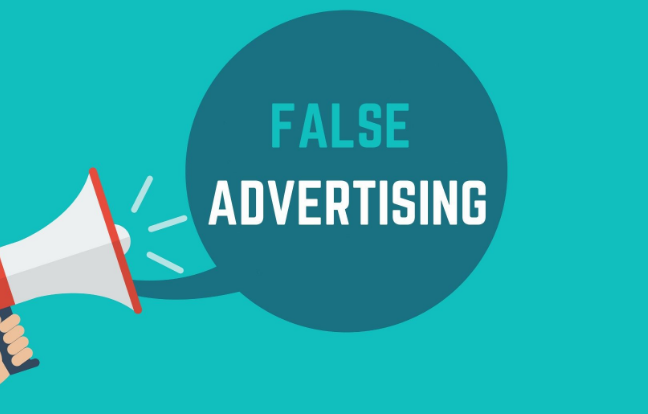|
Getting your Trinity Audio player ready...
|
Consumer protection against false advertising and scams is an important issue that affects everyone. False advertising and scams can lead to consumers being deceived, cheated out of their hard-earned money, and even put in danger. This is why it is important for consumers to be aware of their rights and the laws that protect them against such practices.
What is false advertising
False advertising is defined as any misleading or deceptive statement, claim, or representation about a product or service that is made with the intention of selling it. False advertising can take many forms, such as misleading information about the product’s quality, safety, or effectiveness, or false claims about the benefits of a product that are not supported by scientific evidence.

Types of false advertising
One of the most common types of false advertising is the use of deceptive packaging or labelling. For example, a product may be labelled as “all natural” or “organic” when in reality it contains synthetic ingredients or was produced using non-organic methods. Another common practice is exaggerating the benefits of a product in order to make it seem more attractive to consumers.
Scams, on the other hand, are deliberate schemes designed to deceive consumers in order to steal their money or personal information. Scams can take many forms, such as phishing emails, fraudulent phone calls, or fake websites. Some of the most common types of scams include lottery scams, work-from-home scams, and identity theft.
Steps to protecting consumers from false advertising
Fortunately, consumers have legal protections against false advertising and scams. In the United States, the Federal Trade Commission (FTC) is responsible for enforcing laws that protect consumers against deceptive advertising and unfair business practices. The FTC has the authority to investigate and prosecute businesses that engage in false advertising and scams.
Research first
Consumers can take several steps to protect themselves against false advertising and scams. First, it is important to be skeptical of any claims made by advertisers. Consumers should do their own research and seek out unbiased information about a product or service before making a purchase. This can include reading reviews from other consumers, consulting consumer advocacy groups, or checking with regulatory agencies such as the FDA.
Be wary of scammers
Consumers should also be wary of any unsolicited emails, phone calls, or text messages. Scammers often use these methods to try and trick consumers into revealing personal information or sending money. Consumers should never give out personal information to anyone they do not know and trust, and should always verify the legitimacy of any requests for money or personal information.
Read the fine print
Make sure you understand all the terms and conditions before making a purchase. Be especially cautious of recurring charges or hidden fees.
Verify the legitimacy of the company or seller
Check if they are registered with the appropriate authorities or have any professional certifications.
Use secure payment methods
Avoid sending money through wire transfer or prepaid cards. Instead, use a credit card or payment platform that offers fraud protection.
Report any suspicious activity to the appropriate authorities
This includes contacting the Federal Trade Commission (FTC) or the Better Business Bureau (BBB) if you fall victim.
What to do after being a victim
If a consumer believes they have been the victim of false advertising or a scam, they should report it to the appropriate authorities. This can include the FTC, local law enforcement, or state consumer protection agencies. Consumers can also file complaints with the Better Business Bureau (BBB) or other consumer advocacy groups.
In addition to legal protections and consumer education, there are several organizations that work to protect consumers from scammers and false advertisers. It is best to involve them.
Conclusion
Overall, staying informed and being cautious can help consumers avoid false advertising and scams. Remember, if something seems too good to be true, it probably is.

